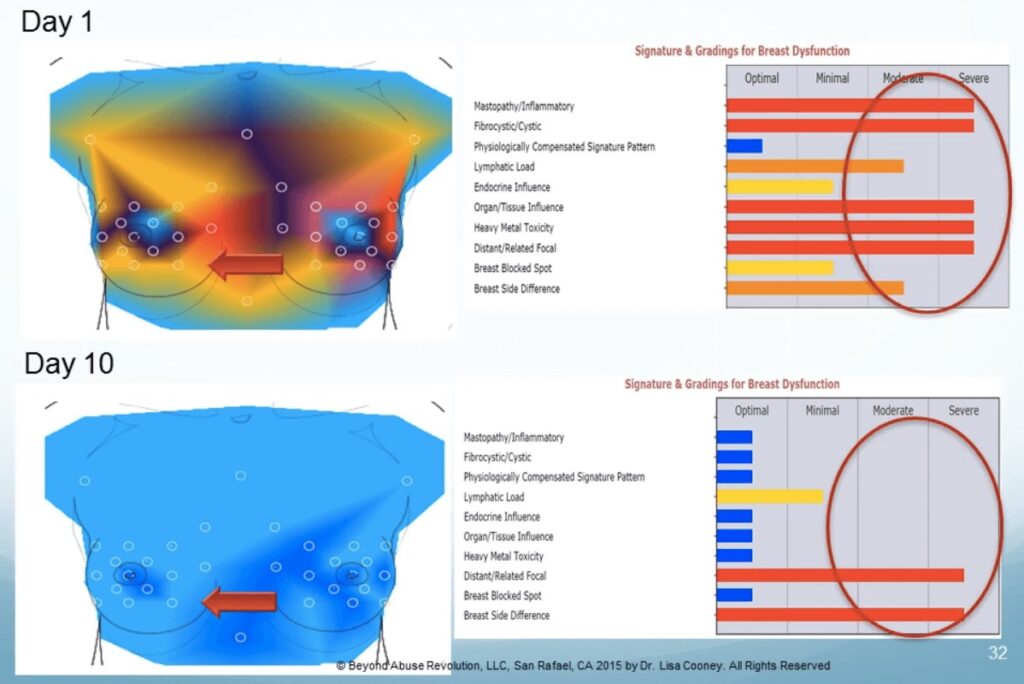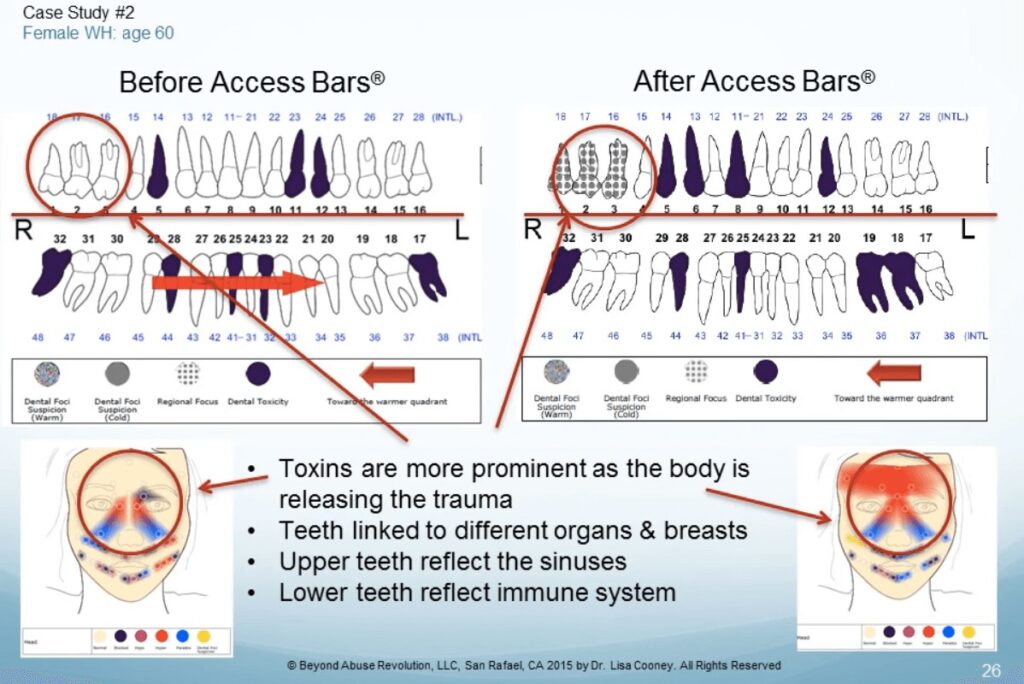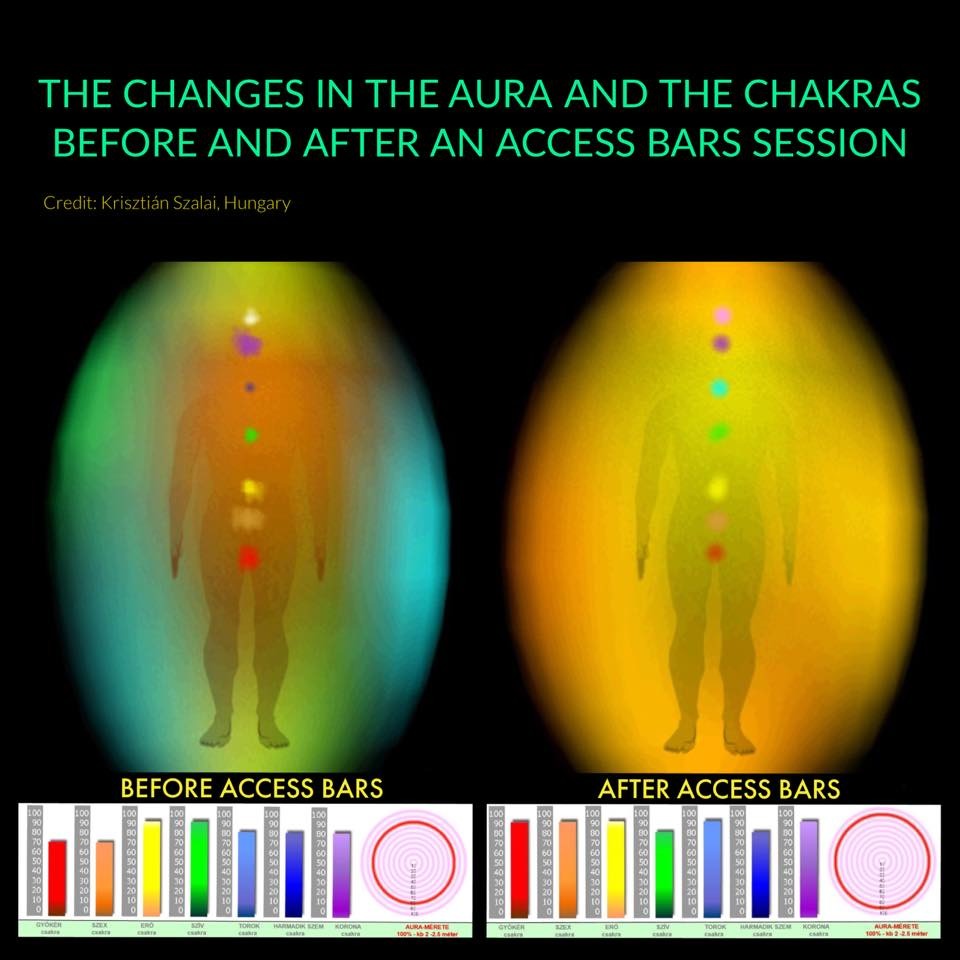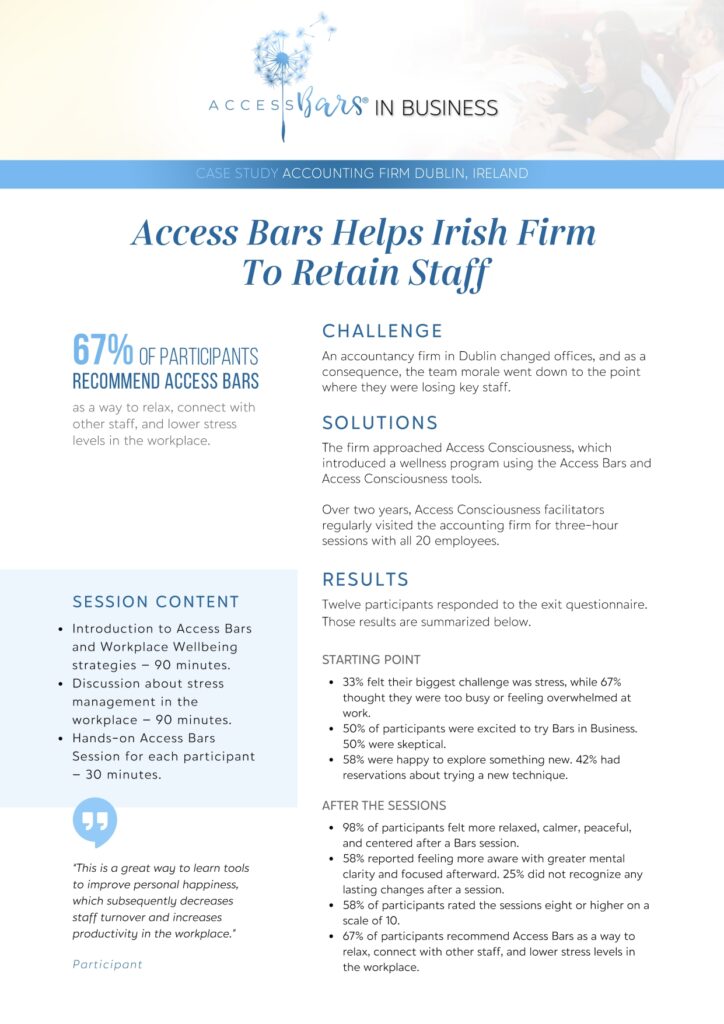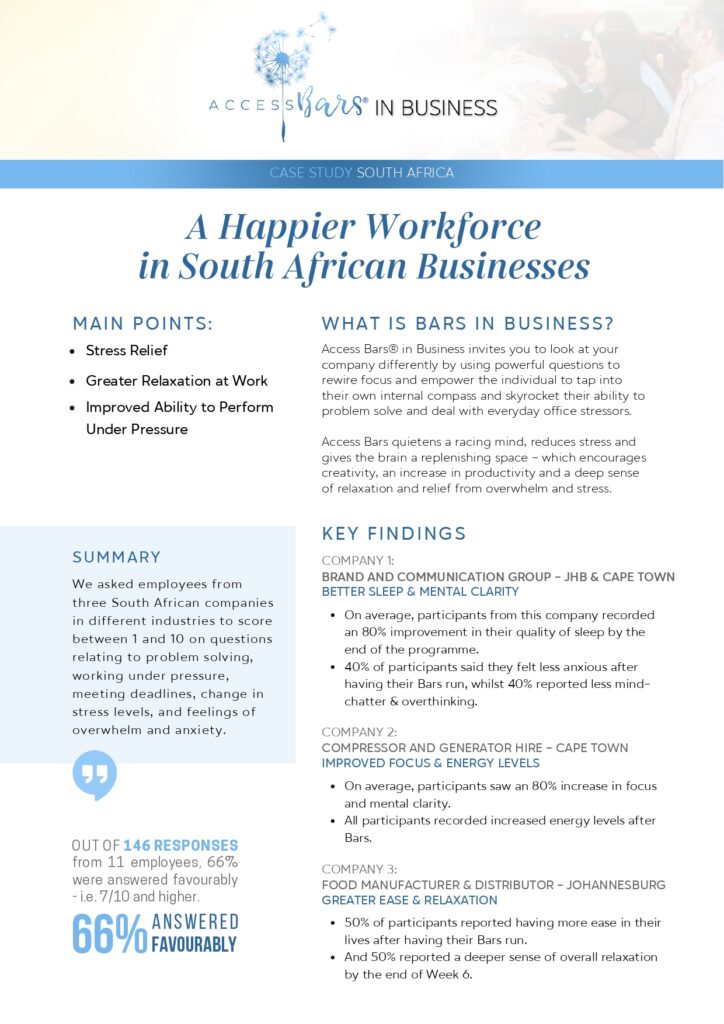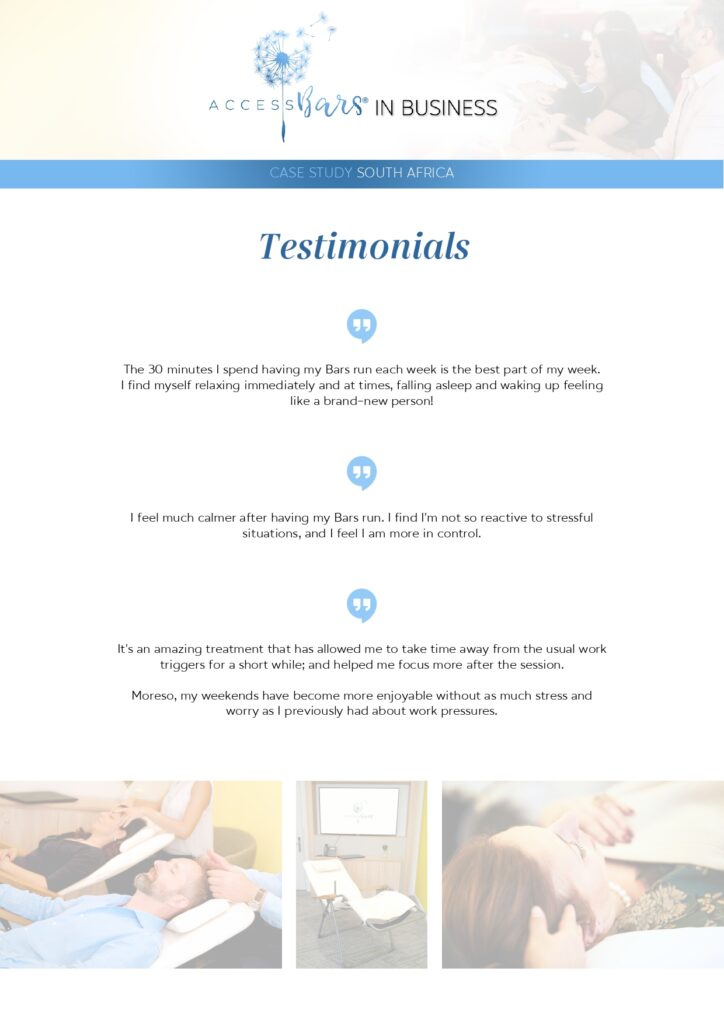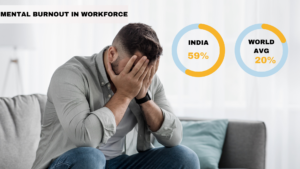 50% of employees in India still work at least 49 hours per week – ILO ( International labour Organization)
50% of employees in India still work at least 49 hours per week – ILO ( International labour Organization)
Alarmingly, 51% of India’s workforce exceeds 49 hours each week, making it second in the world for prolonged working hours. Bhutan tops this list, with 61% of its workforce surpassing the 49-hours mark. other south Asian countries, such as Bangladesh(47%) And Pakistan(40%), and Pakistan (40%), also rank in the in the top 10, highlighting a regional trend toward extending working hours.
These findings highlight pressing issues related to work-life balance, mental health, and labor policies in India, where half of the workforce still endures long working hours. as the country navigates evolving economic demands, the necessity for sustainable work environments that prioritize both health and productivity has never been urgent.
In contrast, countries like the Netherlands(31.6 hours) And Norway(33.7 Hours) exemplify a more balanced work-life approach and boost more weekly averages

Circumstances at home, originating from personal family reasons, stress at workplace, financial pressures, societal demands etc. can impact any person’s mental equilibrium. These days the constant craving of being liked and accepted on social media platforms has become one such source of triggering mental health issues. With changing lifestyles and a significant portion of society living independently, sometimes lack of company creates that emotional imbalance where one doesn’t find anyone to express their thoughts and insecurities with.
According to Oracle’s 2020 AI@Work Study, 84% Indians have reportedly experienced more stress and/or anxiety at work than any year before. 85% say mental health issues at work negatively affect their home/ personal life being spilled over at work again forming a stress loop. Also, interestingly, 92% of those surveyed in India were more comfortable talking about their mental issues with a robot than their manager! These findings reflect on the dearth of policy support at workplace, in reference to mental health and also highlight the lack of understanding on the subject. With millions suffering from mental health issues today, it no longer is a stigma, and people have started accepting this condition with empathy and extending their support, consulting the experts.
Emotional/Mental health is not necessarily a phrase having a negative connotation, rather it can be multifaceted. Good mental health can improve quality of life, whereas poor mental health can worsen it. More recently, with the Covid-19 pandemic hitting most families and professionals in one way or the other, the awareness has grown manifold. What can be seen or is physical in nature is relatively easier to fix, what can’t be seen, is most difficult to address. If an individual is mentally healthy, s/he spreads cheer around themselves and is energised, more productive at work and satisfied in life. If an individual is not mentally healthy, there is a lack of focus, as attention gets diverted, and productivity takes a direct hit. Not only that but according to a study published in the Administrative Science Quarterly, new hires diagnosed with anxiety, depression or high levels of stress are likely to transmit these feelings to their new co-workers too, hence impacting the overall morale and feeling of wellbeing across the organisation.
Depression is ranked as the single largest contributor to global disability (7.5% of all years lived with disability in 2015). At its worst, depression can lead to suicide; over 800 000 people die due to suicide every year. It is the second leading cause of death in 15-29-year-olds.(source: www.who.int)
The World Health Organization estimates that India will suffer economic losses amounting to a staggering 1.03 trillion dollars from mental health conditions between 2012 and 2030. In addition, they impact employee morale adversely. Besides the economic impact, the individuals are impacted by growing tension in their working relations with supervisors, and their learning and career growth is stunted.
So, what can organisations and employees do to address the same?
Mental health of employees needs to be enhanced not just through certain day offs and counselling sessions but through a sustained and well thought out strategy that is also on an organisation’s key agenda. Employers need to be more supportive than ever, either through policies that empower people to take time off, or through engagement programmes where health care professionals can provide support. Counselling, medication, or variety of other physical/mental wellbeing programs also help.






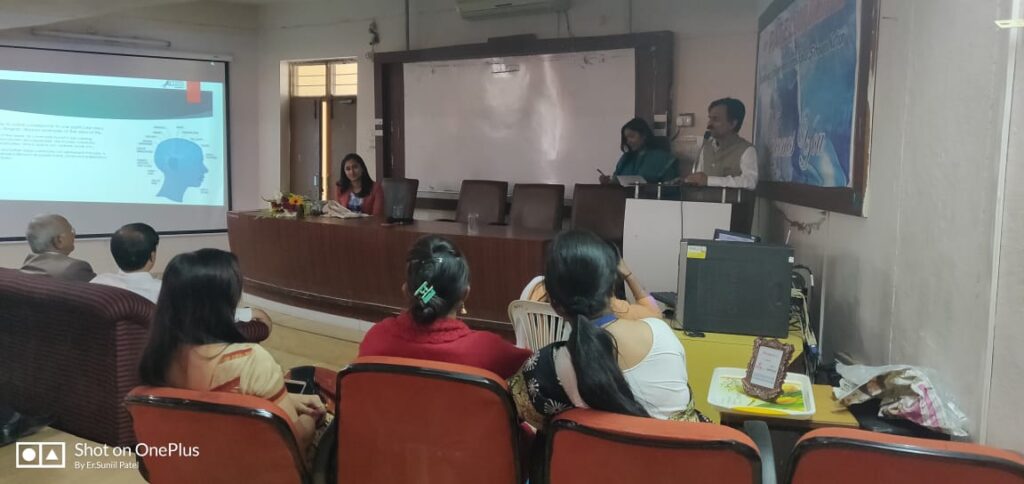
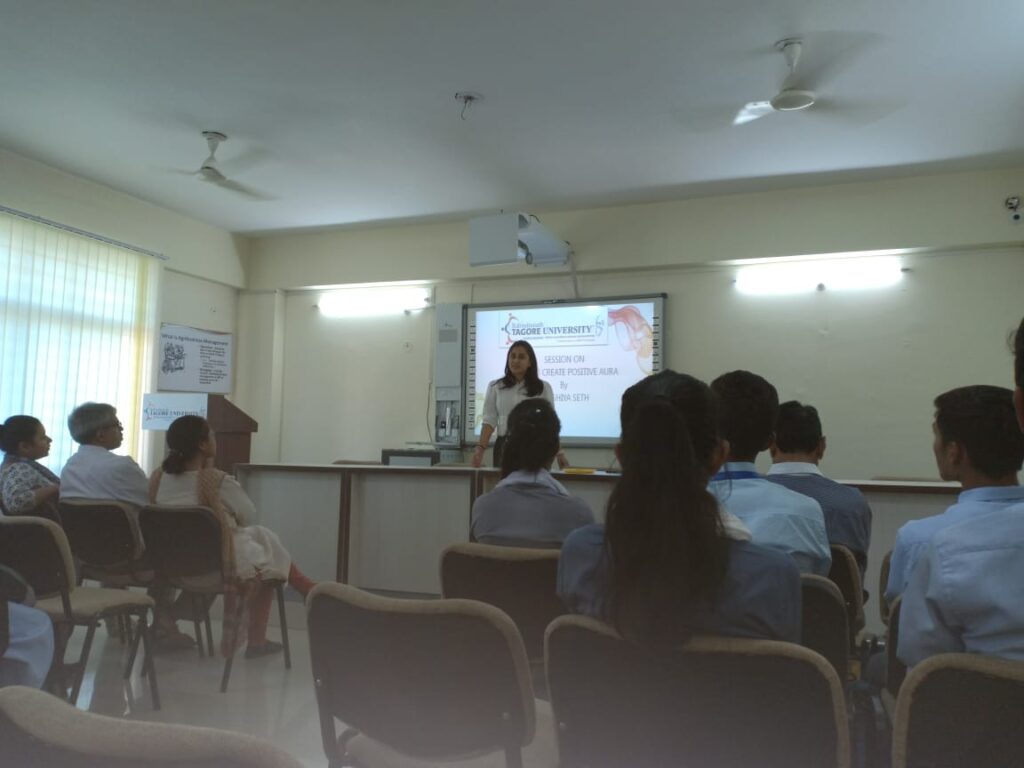



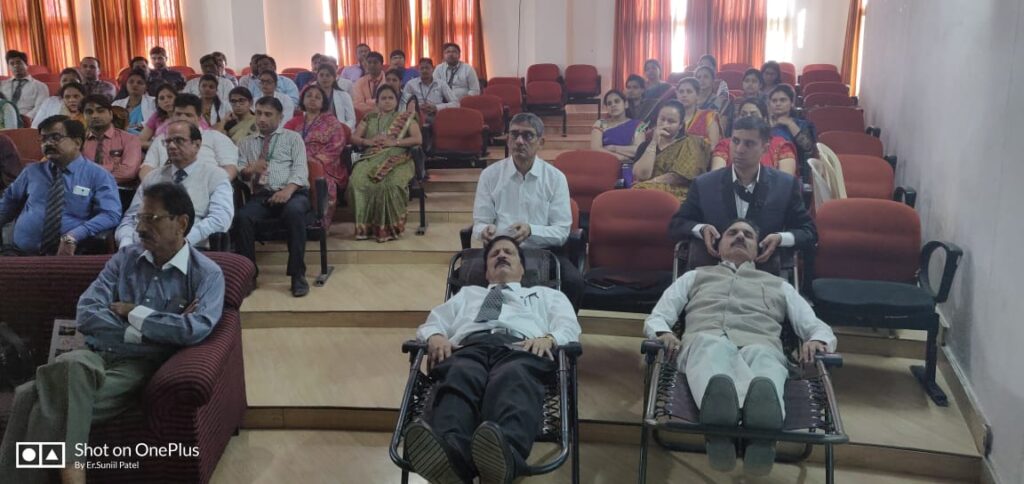
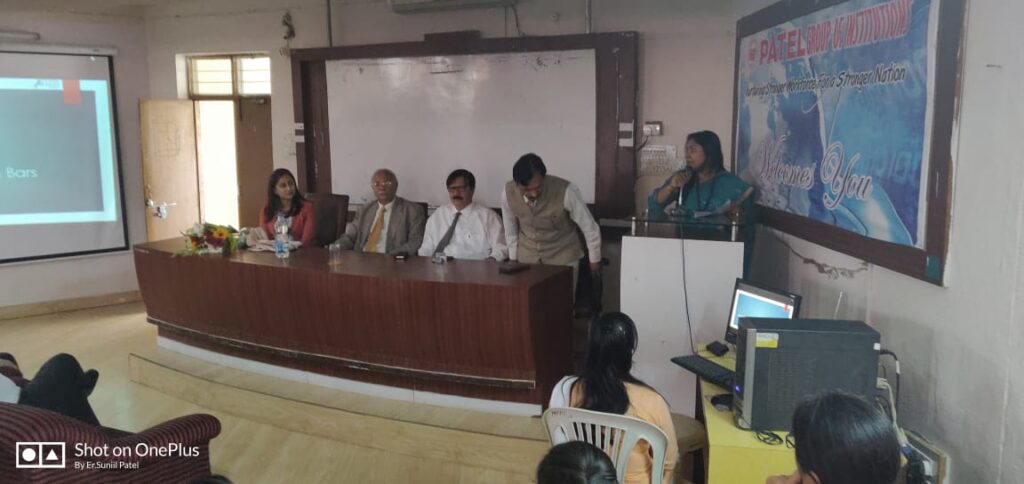
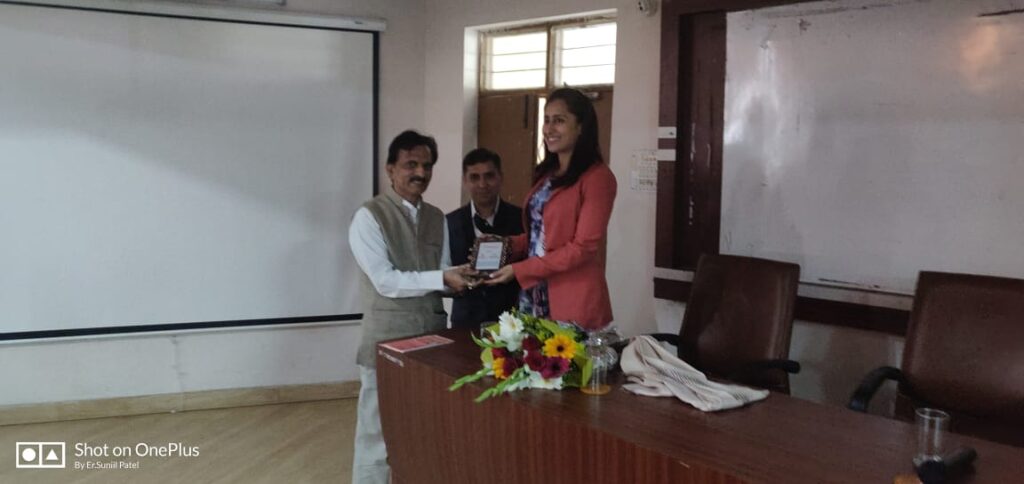
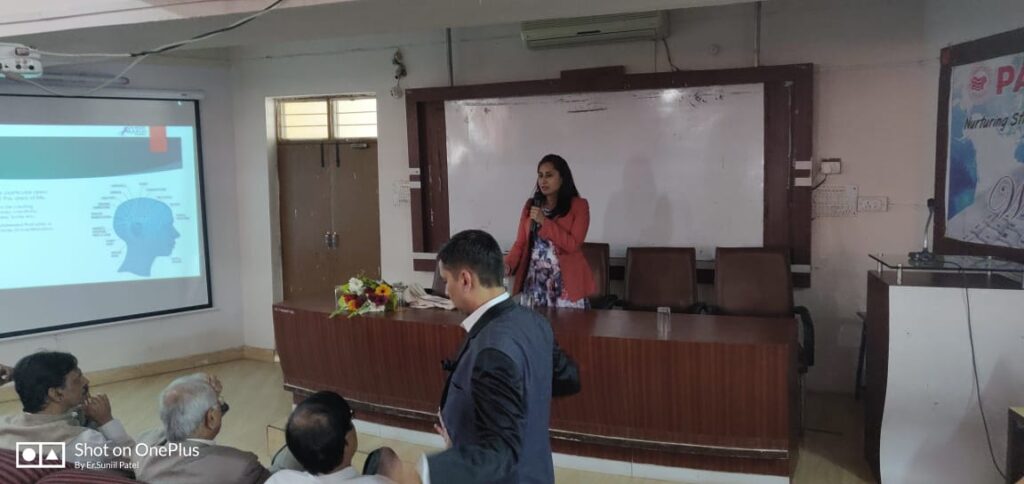
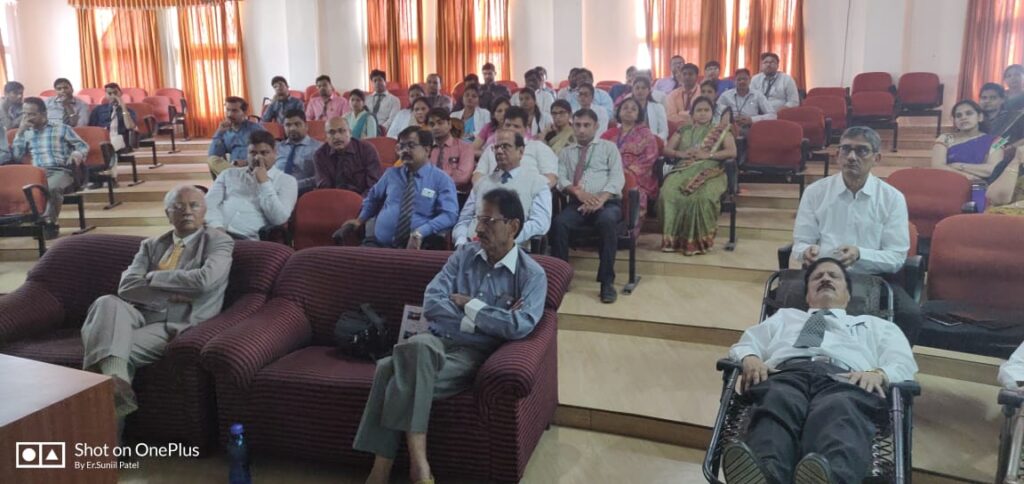
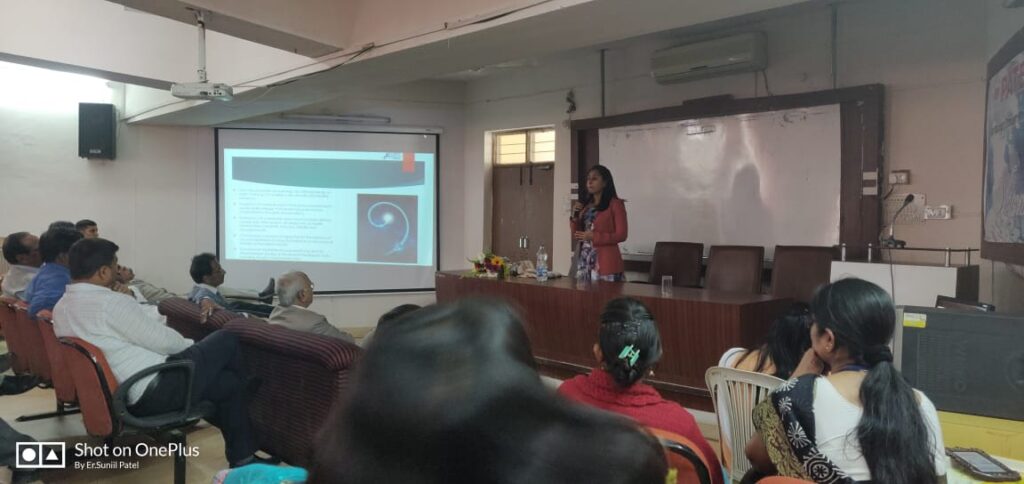
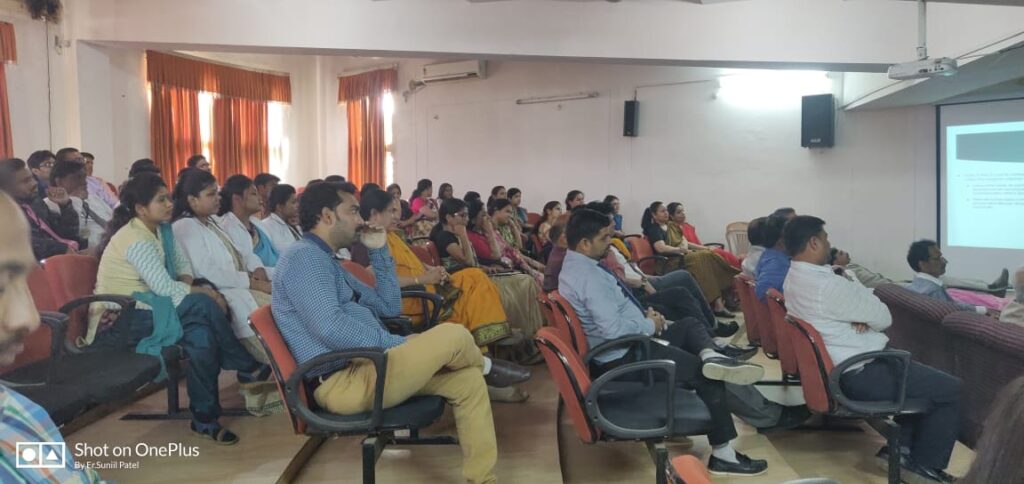

 50% of employees in India still work at least 49 hours per week –
50% of employees in India still work at least 49 hours per week – 



